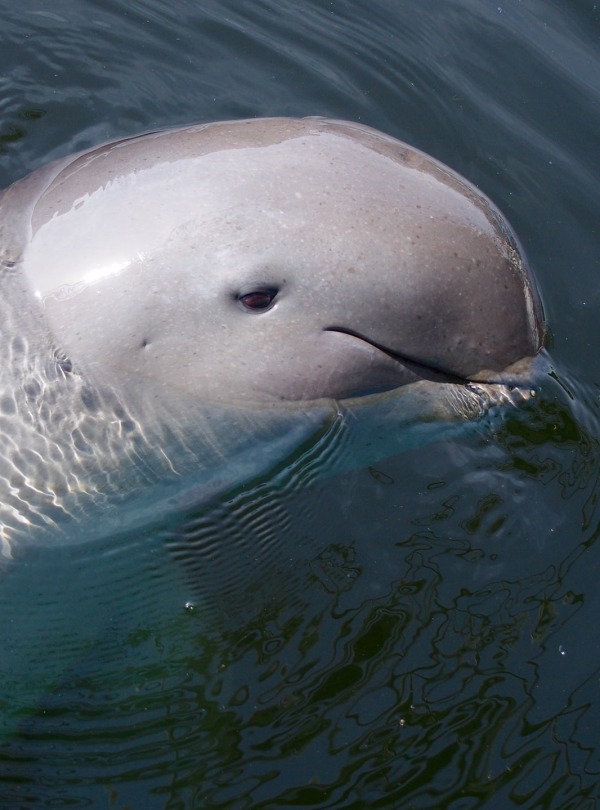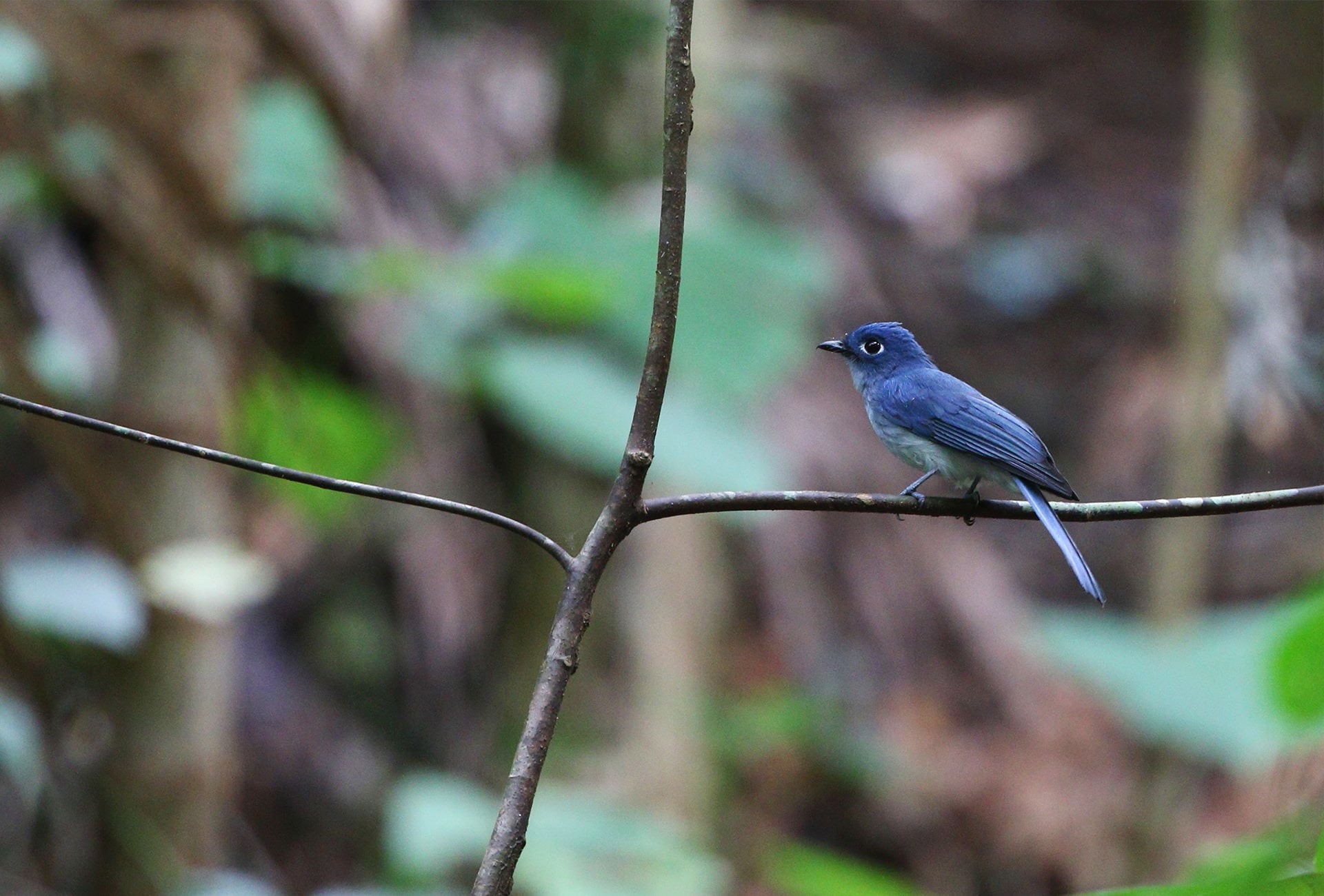
Save the Lost Birds of Mount Sahendaruman
Support More Work Like ThisSupport More Work Like ThisCritically Endangered species that exist nowhere but a remote Indonesian island are being pushed to the verge of extinction by habitat destruction for agricultural plantations.
-
Species at Risk
Sangihe Whistler (CR), Sangihe White-eye (CR), Cerulean Flycatcher (CR), Sangihe Golden Bulbul (CR), Talaud Bear Cuscus (CR), Sangihe Pitta (EN), Elegant Sunbird (EN), Sangihe Tarsier (EN)
-
Carbon stored
874,824 mT*
*(metric tons of CO2 equivalents) -
Partner
Burung Indonesia
-
7,756 Proposed Acres Conserved by
Designation
-
Project Cost: $822,330
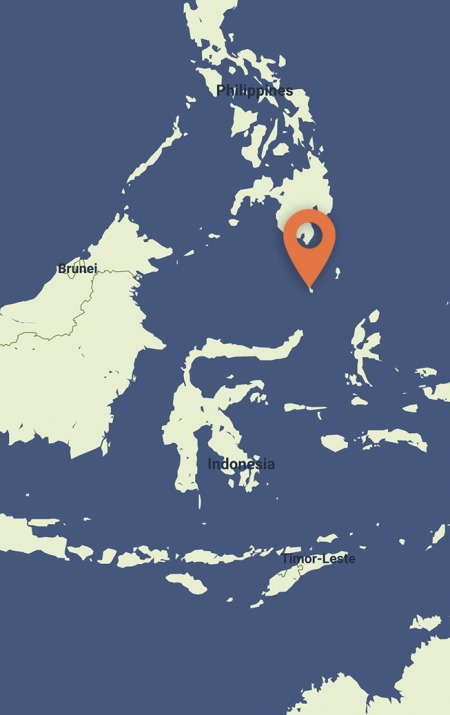
7,756
Critically Endangered species that exist nowhere but a remote Indonesian island are being pushed to the verge of extinction by habitat destruction for agricultural plantations.
-
Species at Risk
Sangihe Whistler (CR), Sangihe White-eye (CR), Cerulean Flycatcher (CR), Sangihe Golden Bulbul (CR), Talaud Bear Cuscus (CR), Sangihe Pitta (EN), Elegant Sunbird (EN), Sangihe Tarsier (EN)
-
Carbon stored
874,824 mT*
*(metric tons of CO2 equivalents) -
Partner
Burung Indonesia
-
7,756 Proposed Acres Conserved by
Designation
-
Project Cost: £652,642

7,756
Did you know?
Species found nowhere else on Earth live on Mt. Sahendaruman
Sangihe Island in Indonesia is a biodiversity hotspot of the highest order, holding the last-remaining populations of some of Earth’s most threatened birds. With agricultural expansion rapidly destroying primary forest, the birds are restricted to pockets of their original habitat in the crater of an extinct volcano, Mt. Sahendaruman.
Several bird species thought to be lost were discovered during the past 20 years by expeditions to the crater, bringing urgency to the need to protect their tiny forest habitat. The most threatened among them include four that are Critically Endangered: Sangihe Whistler, Cerulean Flycatcher, Sangihe Golden Bulbul and Sangihe White-eye. Primary forests are rapidly being converted to coconut, pepper, nutmeg and clove plantations—with most of the original forest already gone—and small-scale gold mining is an emerging serious threat.
Rainforest Trust and our partner, Burung Indonesia, are supporting the declaration of 7,756 acres of primary forest habitat on Mt. Sahendaruman as an Area of High Biodiversity Value recognized by the Government of Indonesia. We are also advocating for designation of 494 acres as Village Forests, creating a buffer against further encroachment and forest clearing on the mountaintop. Our goal is to immediately protect the birds’ known habitats, regularly monitor their status, and increase local awareness of the importance and uniqueness of these exceptional birds.
Header photo: Cerulean Flycatcher, by Agami Photo Agency
Explore Mt. Sahendaruman
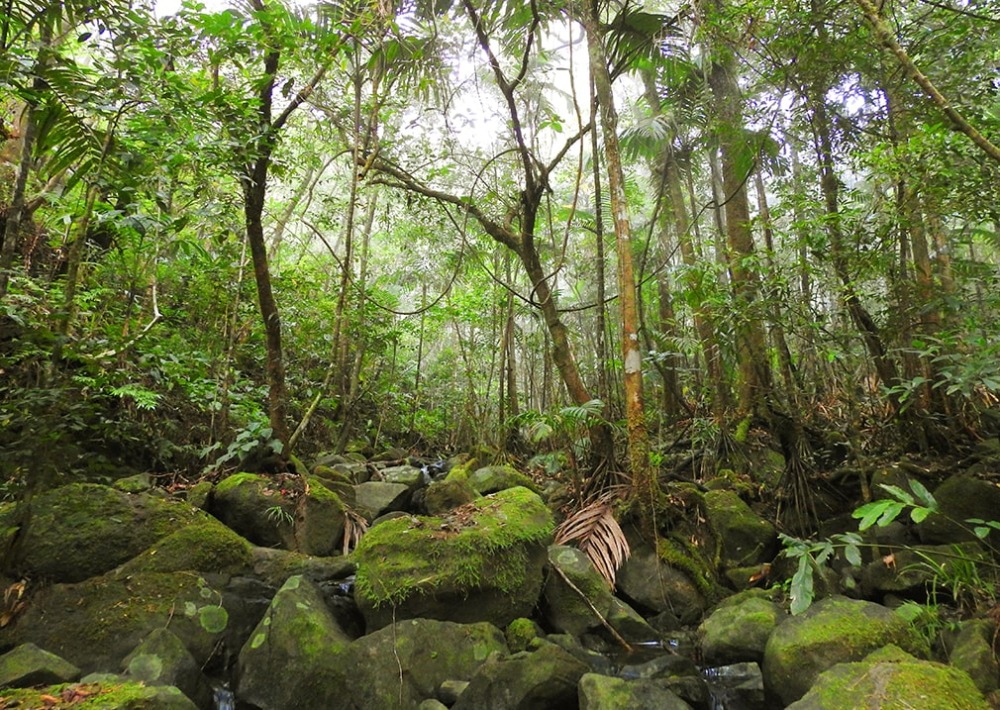
One of the valleys in Kulur Village, photo courtesy Burung Indonesia and BirdLife International
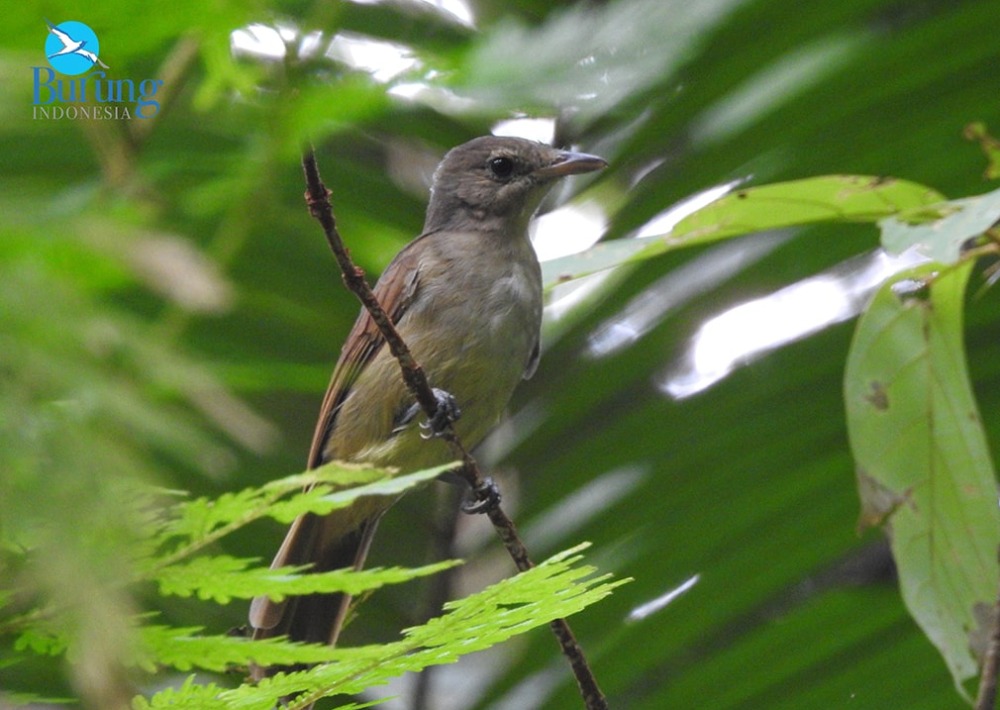
Sangihe Whistler, photo courtesy Burung Indonesia and BirdLife International
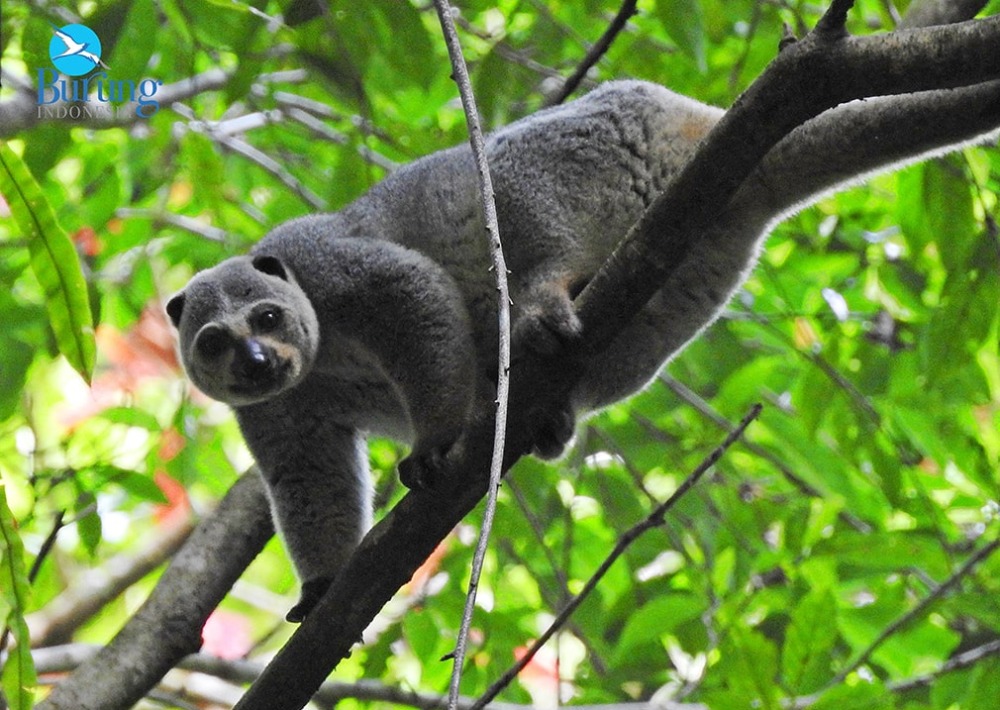
Talaud Bear Cuscus, photo courtesy Burung Indonesia and BirdLife International
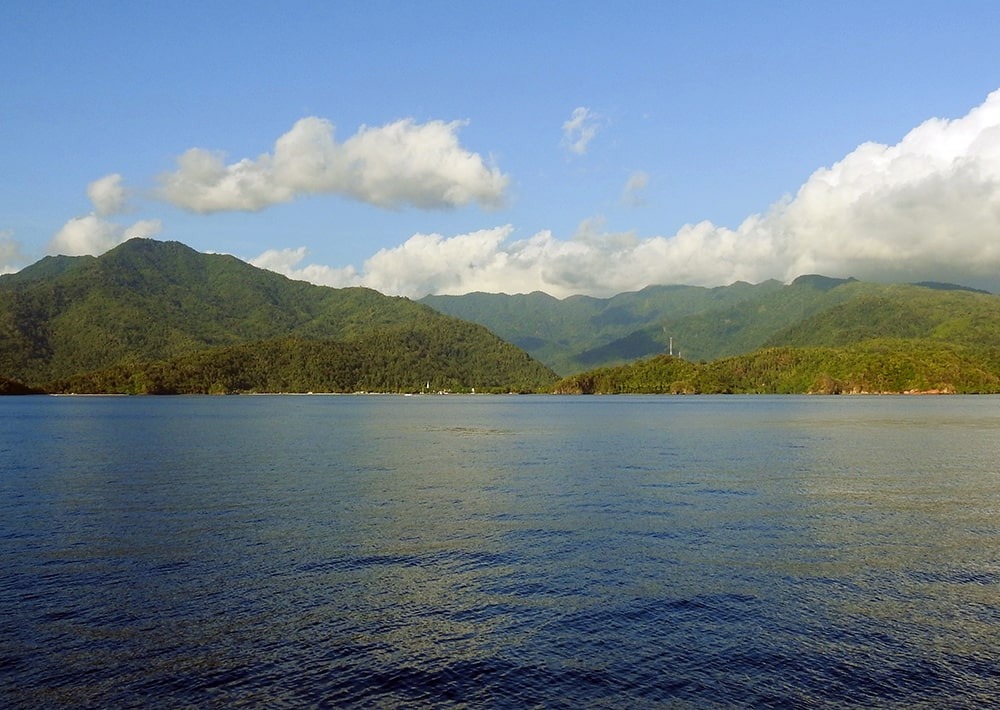
Landscape of Mt Sahendaruman, photo courtesy Burung Indonesia and BirdLife International
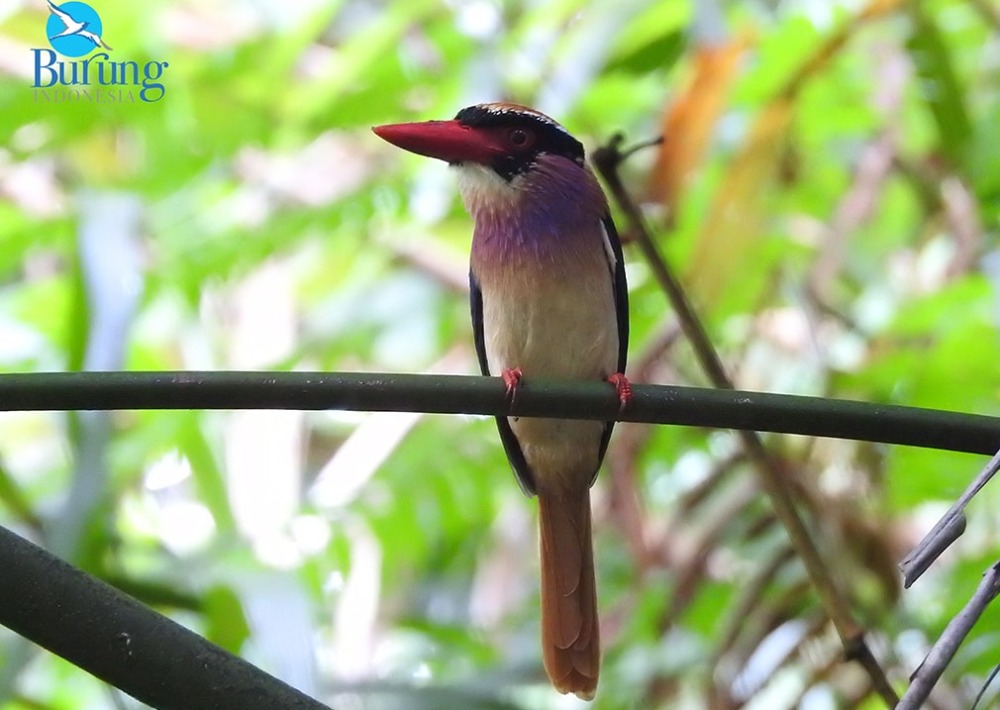
Sangihe Lilac Kingfisher, photo courtesy Burung Indonesia and BirdLife International
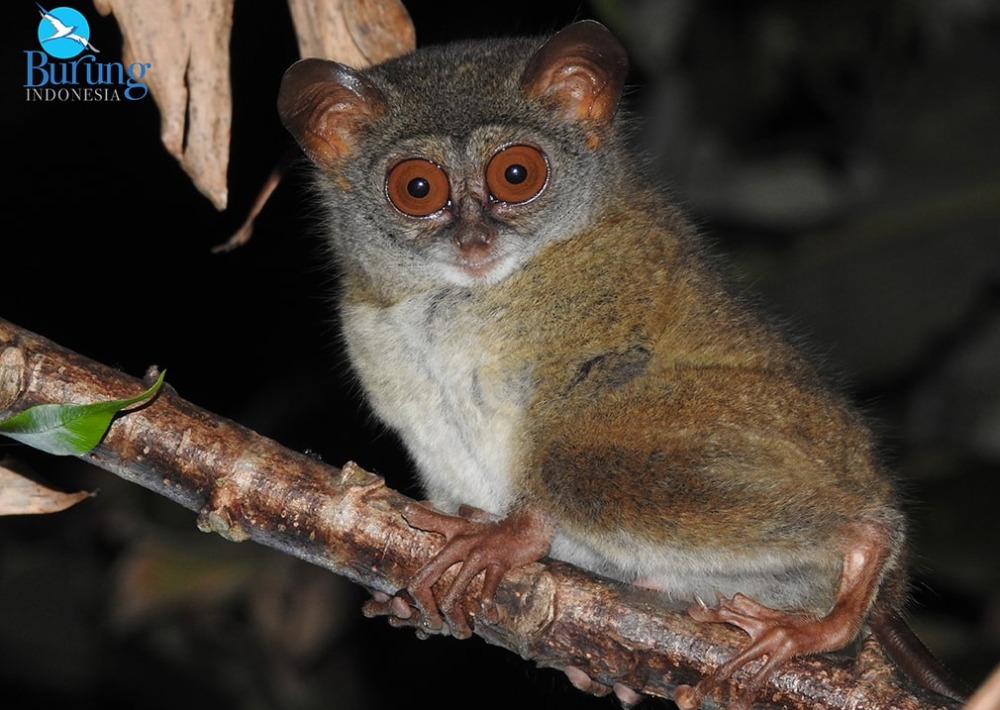
Sangihe Tarsier, photo courtesy Burung Indonesia and BirdLife International
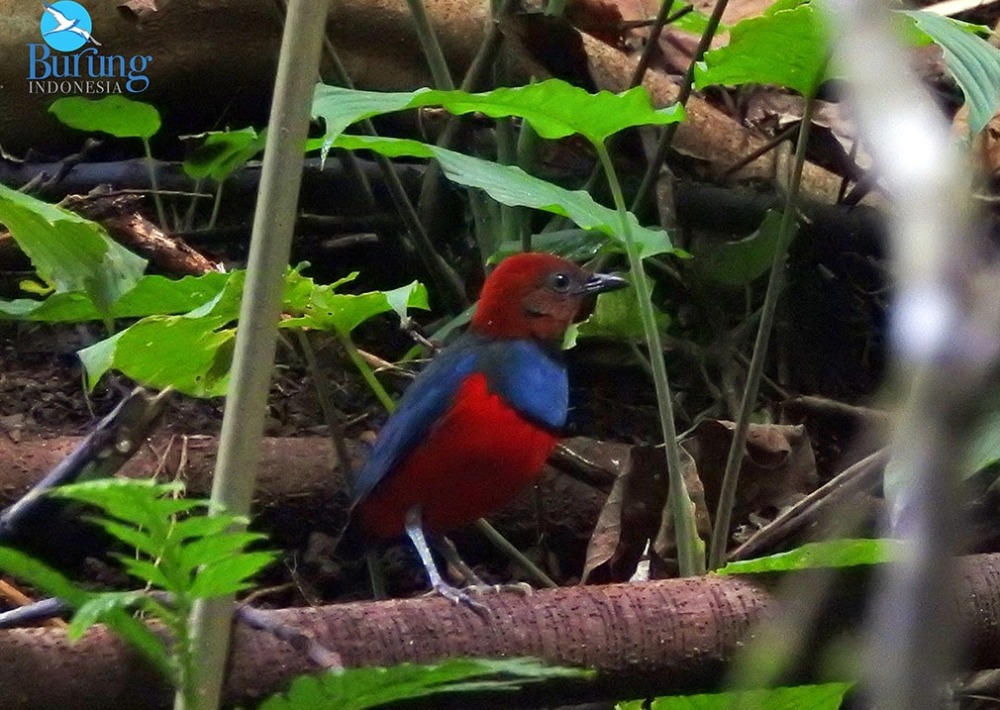
Sangihe Pitta, photo courtesy Burung Indonesia and BirdLife International
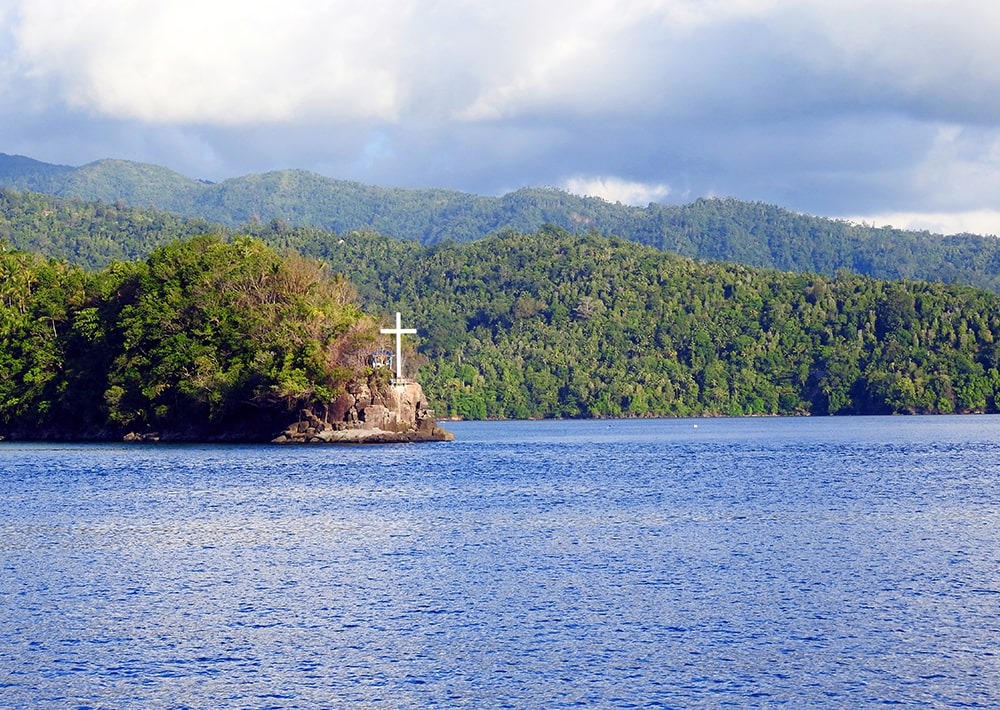
West part of Mt. Sahendaruman, photo courtesy Burung Indonesia and BirdLife International
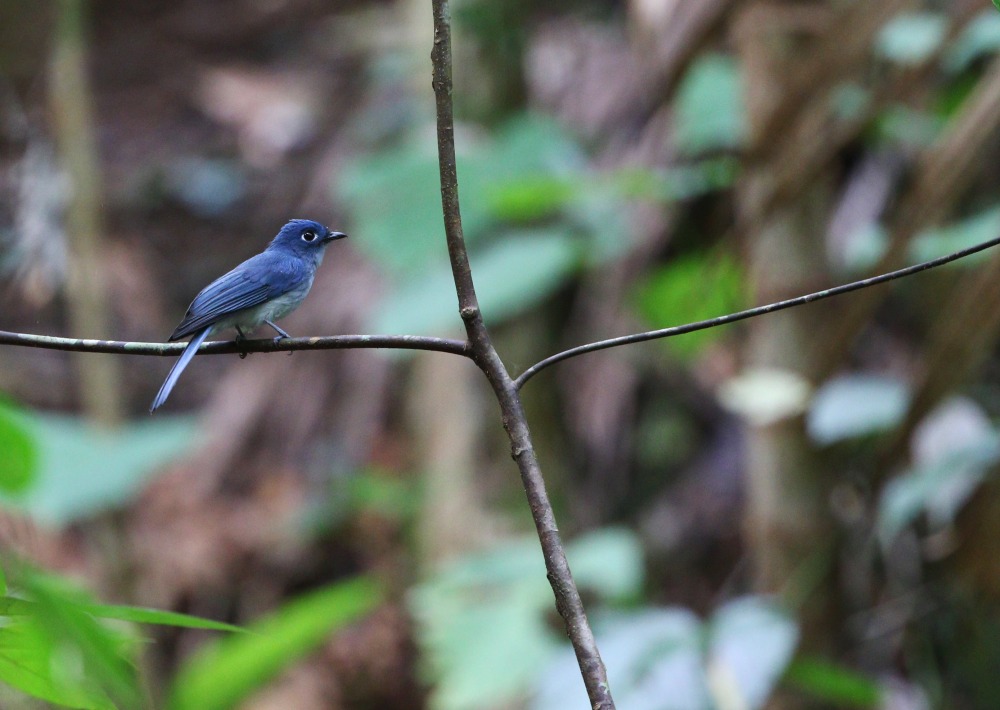
Cerulean Flycatcher, by Agami Photo Agency
Protect Remaining Habitat for Rare Birds and Mammals
Small populations of the four critically endangered bird species are restricted to a forest area of less than 2,000 acres within Mt. Sahendaruman’s crater. With only 50 individuals remaining, the Sangihe White-eye is closest to extinction and the least understood of these species. Numbers of the other three species hover in the low hundreds. A critically endangered marsupial, the Talaud Bear Cuscus, and a tiny, endangered primate, the Sangihe Tarsier, are also threatened by habitat loss here.
Reduce Threats from Commercial Agriculture and Mining
The mountain region’s watershed protection classification—as the main water source for approximately 64,000 people—still leaves the original forest open to destruction for agricultural plantations growing coconuts and spices. Small-scale gold and copper mining is also taking place, further threatening habitat and water quality.
To reduce pressure on primary forests, our partner will engage with the government, community members and other stakeholders to carry out biodiversity assessments, define management approaches, and draw boundaries for protected areas. Livelihood opportunities in assessment and management will encourage sustained commitment to forest protection on this exceptionally unique island.
LEARN MORE ABOUT THIS PROJECT >
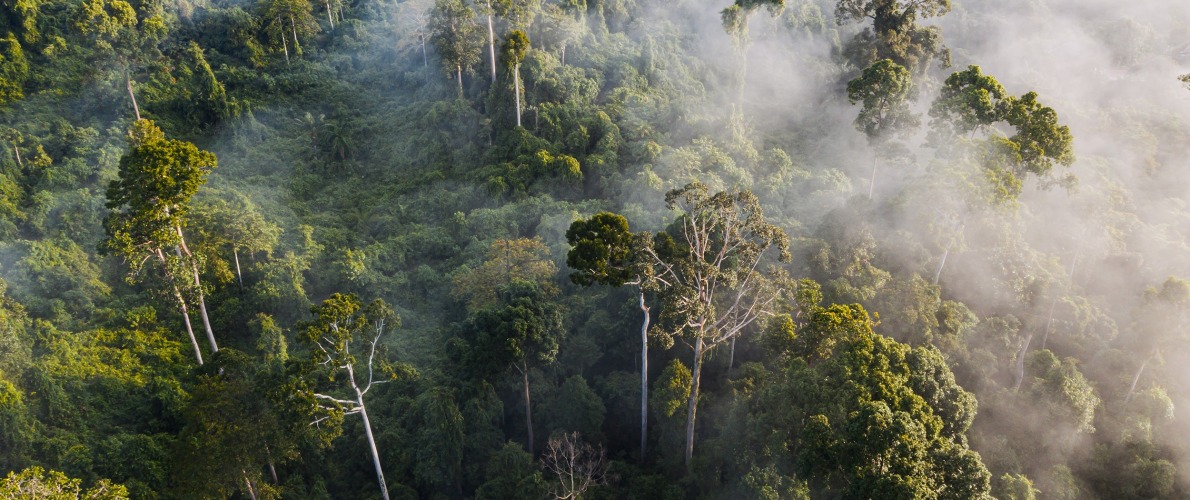
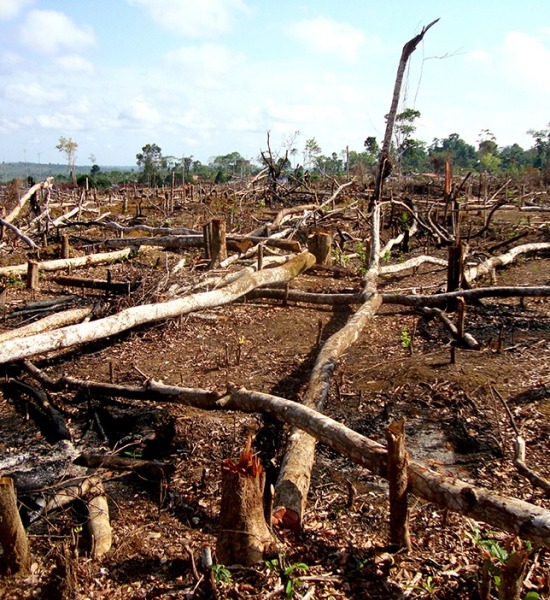
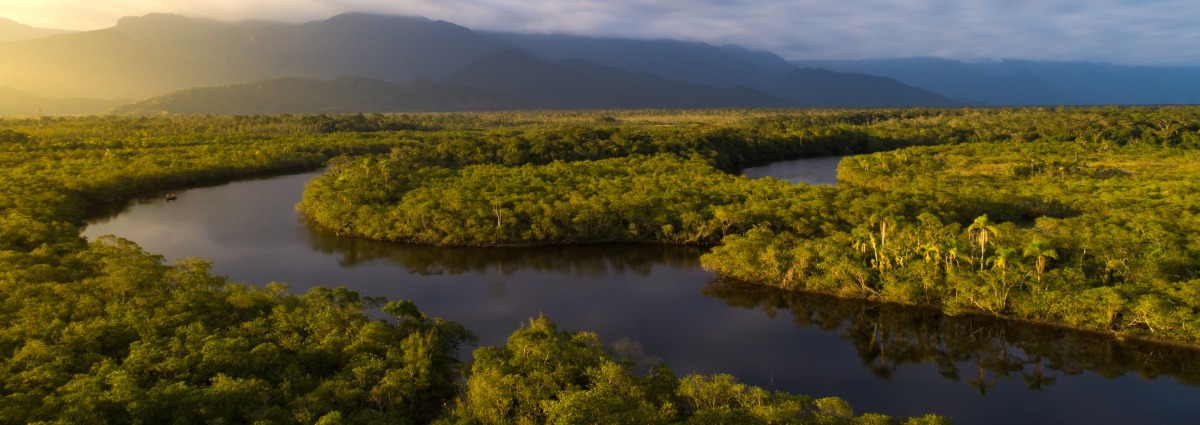
We Value Transparency.
Conservation work is critical, challenging, and can be costly. We work hard to ensure we raise only the funds needed for each project. In the rare case we raise more money than needed or a project comes in under budget, excess monies will be transferred to the Conservation Action Fund. This fund supports our important conservation work throughout the tropics.
Learn more about the Conservation Action FundLearn more about the Conservation Action Fund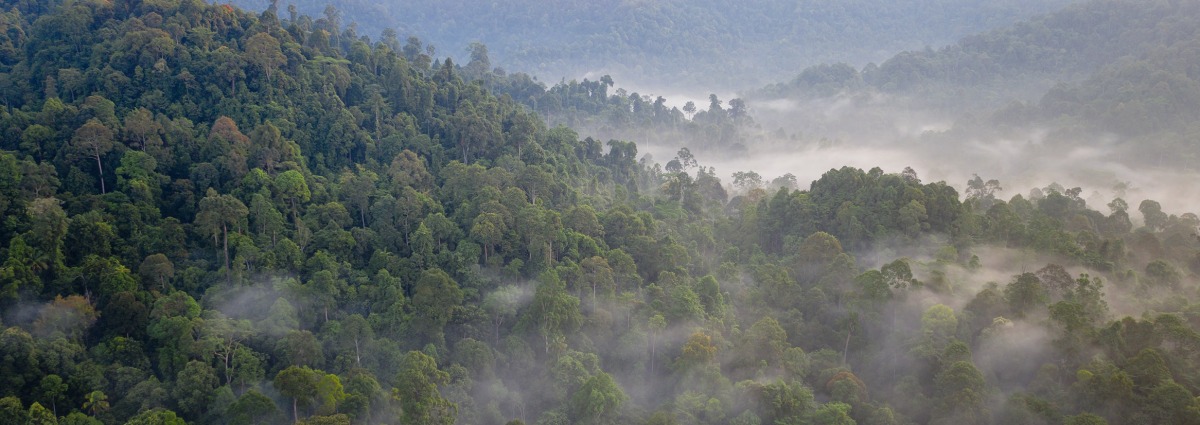
Partnering to Save Rainforest
Our partners’ ability to work with their governments and build strong connections with local communities ensures the successful implementation of our projects.
Learn More About This PartnerLearn More About This Partner
